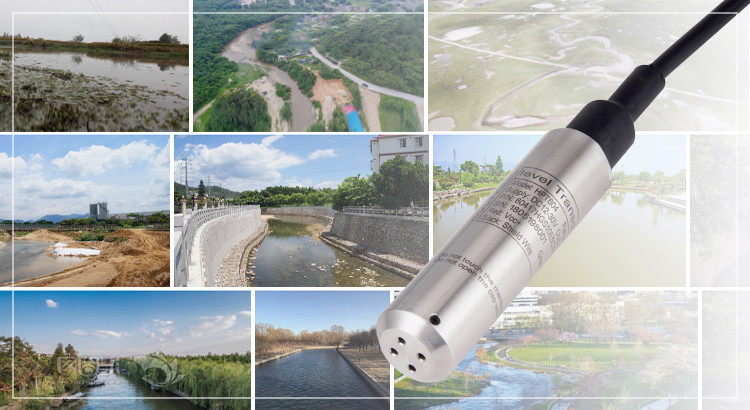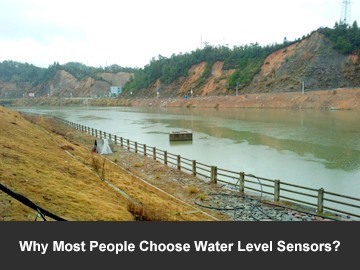Why Most People Choose Water Level Sensors?
Though various water level sensors on the market, they fall into two main types. One is point level measurement sensor that is used to mark a single discrete liquid height–a preset level condition. Generally, this type of sensor functions as a high alarm, signaling an overfill condition, or as a marker for a low alarm condition. Such sensors are used in a specific application by the minority. The other is continuous level sensor that is more complicated and can provide level monitoring of an entire system. And thus it is more widely used by the majority.

Continuous water level sensor measures water level within a range, rather than at a one point, producing an analog output that directly correlates to the level in the vessel. In recent 10 years, more and more people would choose them for level measurement. The reason why they are getting more and more popular worldwide lies in firstly, easy installation, and most water level sensors are compact and can be directly immersed in the water, and the vessels that contains water are generally not limited by the shape; secondly, they can provide higher accuracy than other kinds of sensors. Last but not least, their price is never too expensive and can be accepted by users, which partly thanks to the compact size.
With so many advantages of water level sensors, people may wonder whether they can measure both water and other kind of medium, like fuel or oil? Here it has to mention that when choose a sensor, the medium to be measured is always the first point to consider. Different kinds of sensors work well in different medium.






